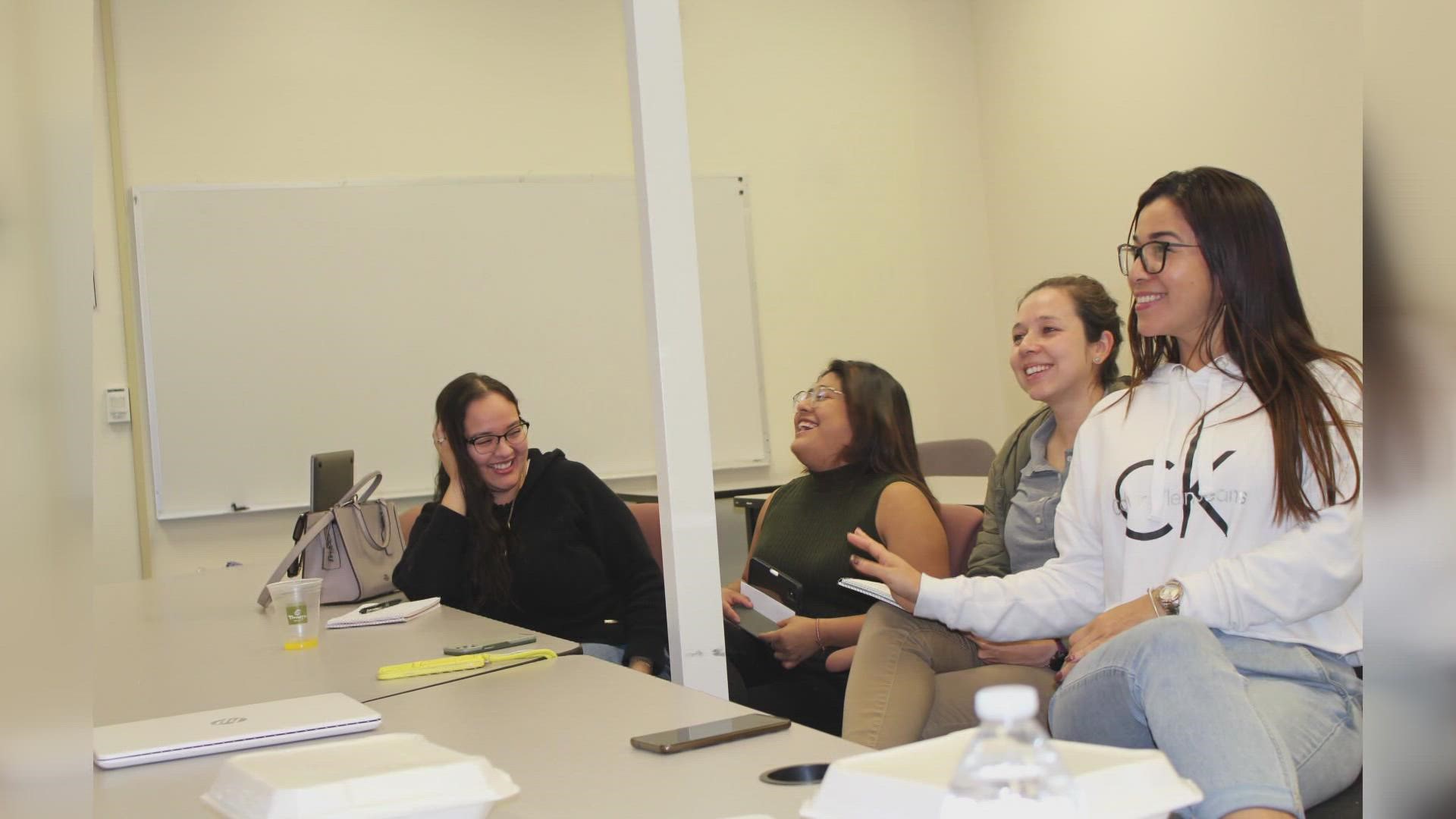KNOXVILLE, Tenn. — On Friday, ten students walked across the stage after graduating from Centro Hispano's interpreter program, set on becoming professional interpreters and helping close the language gap in the medical field.
One of the women who walked across the stage said she was the unofficial translator for her Spanish-speaking family, a common situation for many immigrant sons and daughters. She said her family arrived in East Tennessee around six years ago from Venezuela.
Now, she said she looks forward to helping others in her shoes and helping Spanish speakers and English speakers work closer together when it comes to medicine and health.
"I think this is the best thing that I can do, put my skills in the field to help everybody — not just my closest ones," said Sofia Munoz-Siso, a graduate of the program. "I feel like I'm the bridge between them, and I feel like I'm helping them to merge those communities."
She said many providers want to help Spanish-speaking communities, but without an interpreter, they may not be able to communicate with the people there. So, she spent months studying and practicing and even completed a practicum to officially become an interpreter and help physicians work closely with their patients.
"During my practicum, I saw a few little kids. Like, six or eight or three years old, and they come in with their parent. So, I'm thinking, 'What if the doctor needs to communicate to their parents some bad news or something?' As a kid, it's a hard situation," she said.
The graduates are now on track to take their national medical exam and once that is completed, they will become certified as medical interpreters. With that certification, they will be able to work in healthcare facilities in East Tennessee and beyond.

